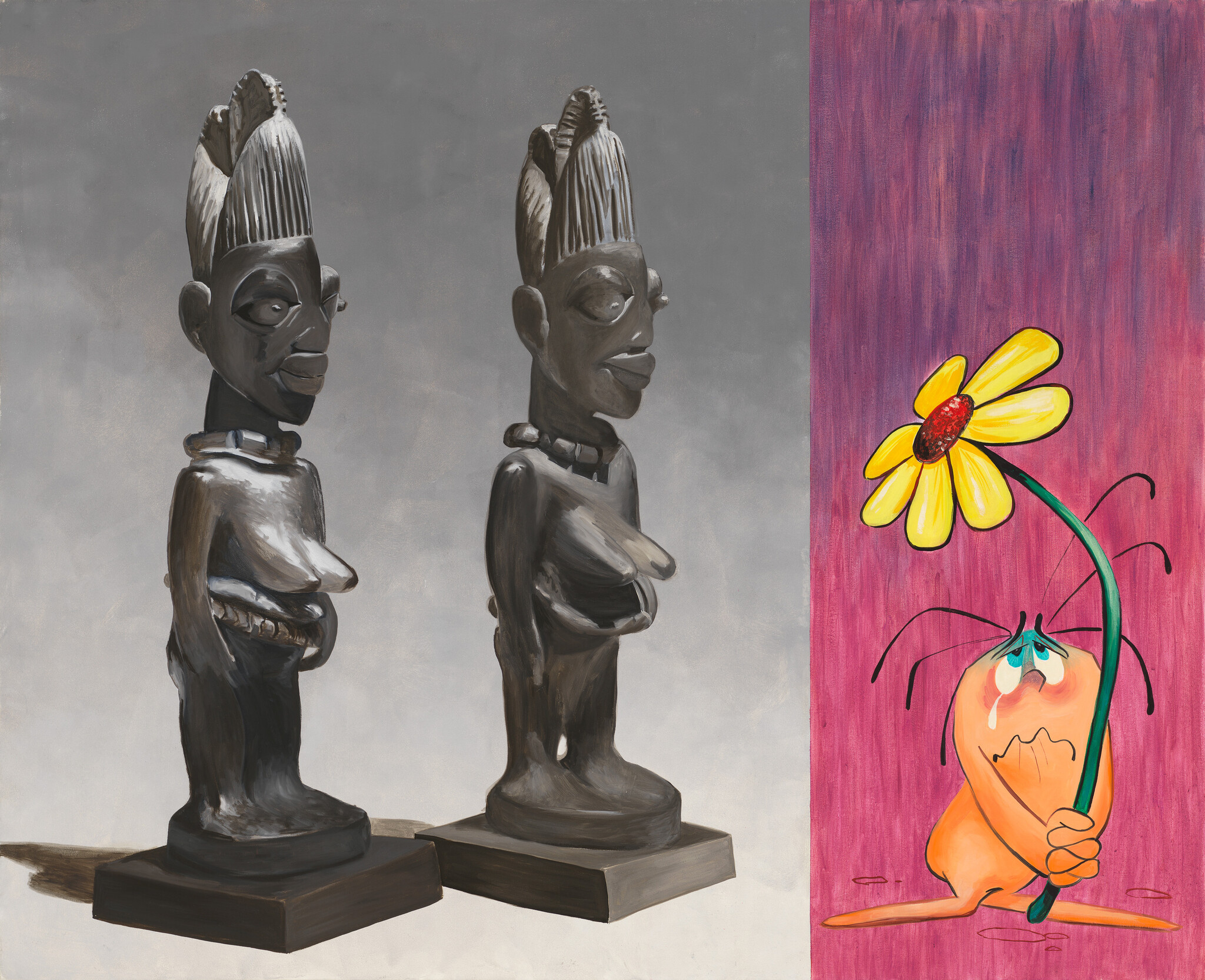Nellie Mae Rowe
1900–1982
Introduction
Nellie Mae Rowe (July 4, 1900 – October 18, 1982) was an African-American artist from Fayette County, Georgia. Although she is best known today for her colorful works on paper, Rowe worked across mediums, creating drawings, collages, altered photographs, hand-sewn dolls, home installations and sculptural environments. She was said to have an "instinctive understanding of the relation between color and form." Her work focuses on race, gender, domesticity, African-American folklore, and spiritual traditions.
Rowe is now recognized as one of the most important American folk artists. Her work is held in numerous collections, including The Metropolitan Museum of Art, the Morgan Library and Museum, the American Folk Art Museum in New York City, the Baltimore Museum of Art, the Dallas Museum of Art, the High Museum of Art in Atlanta, Georgia, the Milwaukee Art Museum in Milwaukee, Wisconsin, the Minneapolis Institute of Art, the Museum of Fine Arts, Houston, the Museum of International Folk Art in Santa Fe, New Mexico, the Smithsonian American Art Museum in Washington, D.C., the Schomburg Center for Research in Black Culture in New York City, and the Studio Museum in Harlem.
Wikidata identifier
Q6990118
Information from Wikipedia, made available under the Creative Commons Attribution-ShareAlike License . Accessed February 27, 2026.
Roles
Artist, naive artist
ULAN identifier
500125701
Names
Nellie Mae Rowe
Information from the Getty Research Institute's Union List of Artist Names ® (ULAN), made available under the ODC Attribution License. Accessed February 27, 2026.

